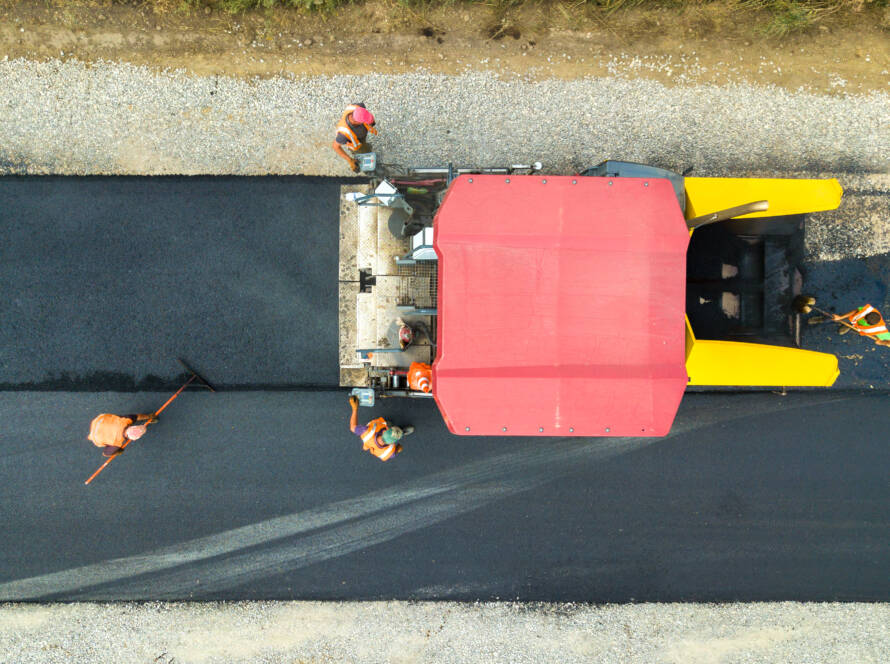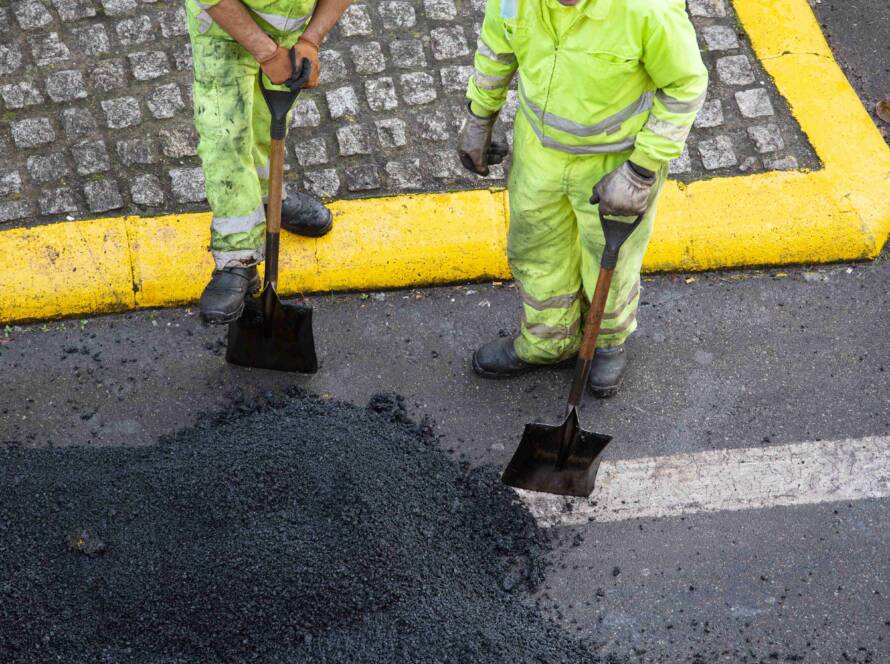Road surfaces are constantly under pressure—from traffic, weather, and time. Without proactive maintenance, even the most durable materials can fail. That’s where regular road surface inspections come in. By identifying potential issues early, inspections can drastically reduce long-term costs and avoid major disruptions.
In this blog, we’ll break down the value of regular road surface inspections, what they include, and why they’re one of the smartest investments for councils, businesses, and property managers.
What Are Road Surface Inspections?
Road surface inspections are scheduled evaluations conducted by experienced professionals to assess the condition of a road or paved area. These inspections involve visual checks and sometimes more advanced testing methods to look for signs of:
- Cracks and surface wear
- Rutting and depressions
- Potholes and drainage issues
- Surface texture degradation
- Joint separation and early structural failure
By detecting these issues early, inspectors can recommend timely interventions before the surface deteriorates further.
Why Inspections Matter
1. Prevent Expensive Repairs
Ignoring early signs of damage—like hairline cracks—can lead to serious problems. What could have been a simple sealcoating or crack filling might turn into full resurfacing or even reconstruction. Regular inspections reduce the risk of costly overhauls.
2. Extend Surface Lifespan
Inspections allow for preventative maintenance, which extends the usable life of the surface. Small, timely interventions—like patching or applying surface treatments—help delay more invasive solutions. Over time, this means less frequent resurfacing and significant cost savings.
3. Ensure Safety
Road surface degradation doesn’t just look bad—it’s a safety risk. Crumbling edges, potholes, or uneven surfaces can lead to vehicle damage or pedestrian injuries. Routine inspections ensure roads meet safety standards and reduce liability for councils or site managers.
4. Minimise Disruption
Major roadworks cause delays, detours, and business disruption. By catching issues early, small maintenance jobs can be scheduled with minimal inconvenience. It’s easier to manage a small repair over a weekend than a full closure over weeks.
5. Meet Legal & Insurance Requirements
In many cases, especially for commercial or council-owned roads, maintaining roads in good condition isn’t just good practice—it’s a legal obligation. Routine inspections provide documentation that duty of care is being met, which is critical for defending against claims.
What’s Included in a Professional Road Surface Inspection?
A detailed inspection typically involves:
- Visual Assessment: Identifying cracks, potholes, discolouration, surface raveling, and water pooling.
- Drainage Check: Ensuring the road allows proper runoff and identifying blocked or insufficient drains.
- Subsurface Evaluation (if needed): Where needed, testing for subgrade stability and compaction.
- Traffic Load Consideration: Assessing the impact of vehicle type and volume on surface stress.
- Report and Recommendations: A summary of findings and a maintenance action plan.
Who Should Get Regular Road Surface Inspections?
✅ Local Authorities: To maintain public safety and meet infrastructure obligations
✅ Commercial Property Owners: To protect access roads, car parks, and reduce liabilities
✅ Facility Managers: Especially at schools, retail parks, industrial estates, or healthcare sites
✅ Developers and Builders: To ensure newly constructed roads and surfaces are settling correctly
How Often Should Inspections Be Carried Out?
There’s no one-size-fits-all answer, but here are some general guidelines:
- Annually: For most public or commercial roads
- Biannually or Quarterly: For high-traffic, heavy-load, or sensitive sites
- After Extreme Weather: Following flooding, heatwaves, or freezing spells
The more critical the road or surface is to daily operations, the more frequently it should be assessed.
The Cost of Skipping Inspections
Delaying road surface inspections can lead to:
- Emergency repair costs
- Road closures and business interruption
- Higher risk of accidents or damage claims
- Full resurfacing far earlier than necessary
It’s a false economy to wait until visible problems appear. Proactive management is always cheaper than reactive repair.
Partner with a Trusted Road Surfacing Team
At Total Surfacing Solutions, we help clients across the UK with road surface inspections, repairs, and full resurfacing solutions. Our experienced teams use the latest equipment and techniques to assess surfaces accurately and deliver practical, cost-effective recommendations.
Whether it’s a retail car park, council road, or private access route—our expert inspections help you stay ahead of surface issues before they become a serious cost or safety hazard.
Conclusion
Regular road surface inspections aren’t just good practice—they’re a proven way to save money, increase safety, and extend the life of your infrastructure. Whether you manage public roads or private surfaces, investing in proactive maintenance now can protect your assets for years to come.
📞 Want expert advice or an inspection quote?
Visit: https://totalsurfacingsolutions.co.uk/



